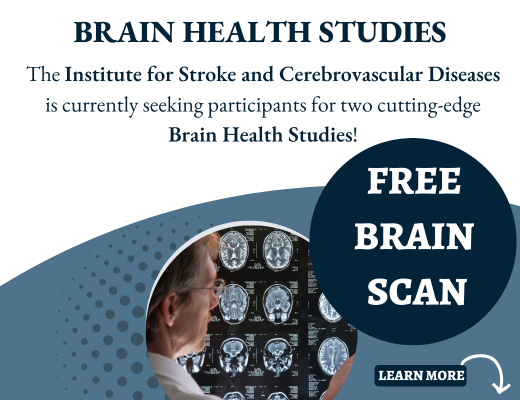
Sean Savitz, MD, appears on Houston Public Media
December 10, 2025

December 10, 2025

November 27, 2023

November 27, 2023

May 15, 2023